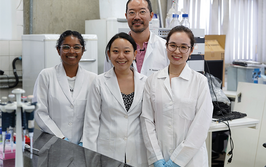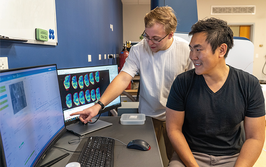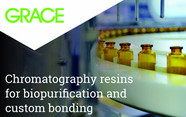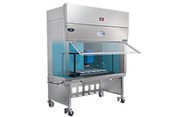Exporting Analytics
GSK and the RSC embark on a five-year partnership to bring GC-MS skills to Africa
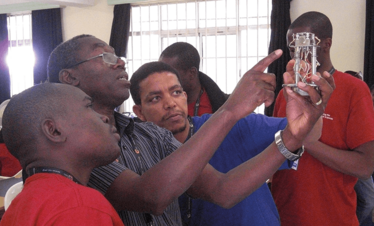
The UK’s Royal Society of Chemistry (RSC) has trained more than 100 African scientists in gas chromatography-mass spectrometry (GC-MS) over the past five years through its Pan Africa Chemistry Network (PACN). Now – with the support of GSK – they aim to treble that number.
“Analytical Chemistry is a key area of expertise for both the RSC and GSK,” says Hannah Spry, Strategic Partnerships Executive at the Royal Society of Chemistry. “GSK will bring a high level of technical and leadership skills, as well as providing numerous staff engagement opportunities, bringing industry expertise to the academic community.”
In 2008, the PACN’s “Africa’s Water Quality” report highlighted the importance of analytical skills to chemical monitoring and water management activities in Africa. This prompted the RSC to launch its own training program in GC-MS, delivered by three analytical chemists based in the UK, Switzerland and Kenya.
“GC-MS is the most important equipment I used during my studies to identify and quantify pesticide residues in environmental samples from the Mwea region, the main rice growing area of Kenya,” said Preston Akenga, who attended the course. “Monitoring residue levels in the environment and foodstuffs is very important to protect and maintain good standards, whether for domestic consumption or export. This work enables farmers to make informed decisions about pesticide application.”
Fredrick Munga, another program participant, used GC-MS to develop mass spectral libraries of volatile compounds in Kenyan coffee. “My knowledge and experience of GC-MS has been crucial in my career at the Coffee Research Foundation and now at Bio Sciences East and Central Africa,” he said. “I have also been fortunate to be able to share my knowledge by facilitating two hands-on training seminars for the upstream and downstream oil industry in Kenya and Uganda.”
The RSC hopes to provide a sustainable legacy to the program by equipping more people like Munga with the skills to train others. “With the support of GSK we can move from working with volunteers for delivery, to a local training capability based in our PACN hubs,” says Spry. “This will enable us to treble the number of scientists who receive training across a much wider region and will allow us to focus our efforts on introducing other types of analysis in the future.”

Over the course of my Biomedical Sciences degree it dawned on me that my goal of becoming a scientist didn’t quite mesh with my lack of affinity for lab work. Thinking on my decision to pursue biology rather than English at age 15 – despite an aptitude for the latter – I realized that science writing was a way to combine what I loved with what I was good at.
From there I set out to gather as much freelancing experience as I could, spending 2 years developing scientific content for International Innovation, before completing an MSc in Science Communication. After gaining invaluable experience in supporting the communications efforts of CERN and IN-PART, I joined Texere – where I am focused on producing consistently engaging, cutting-edge and innovative content for our specialist audiences around the world.
